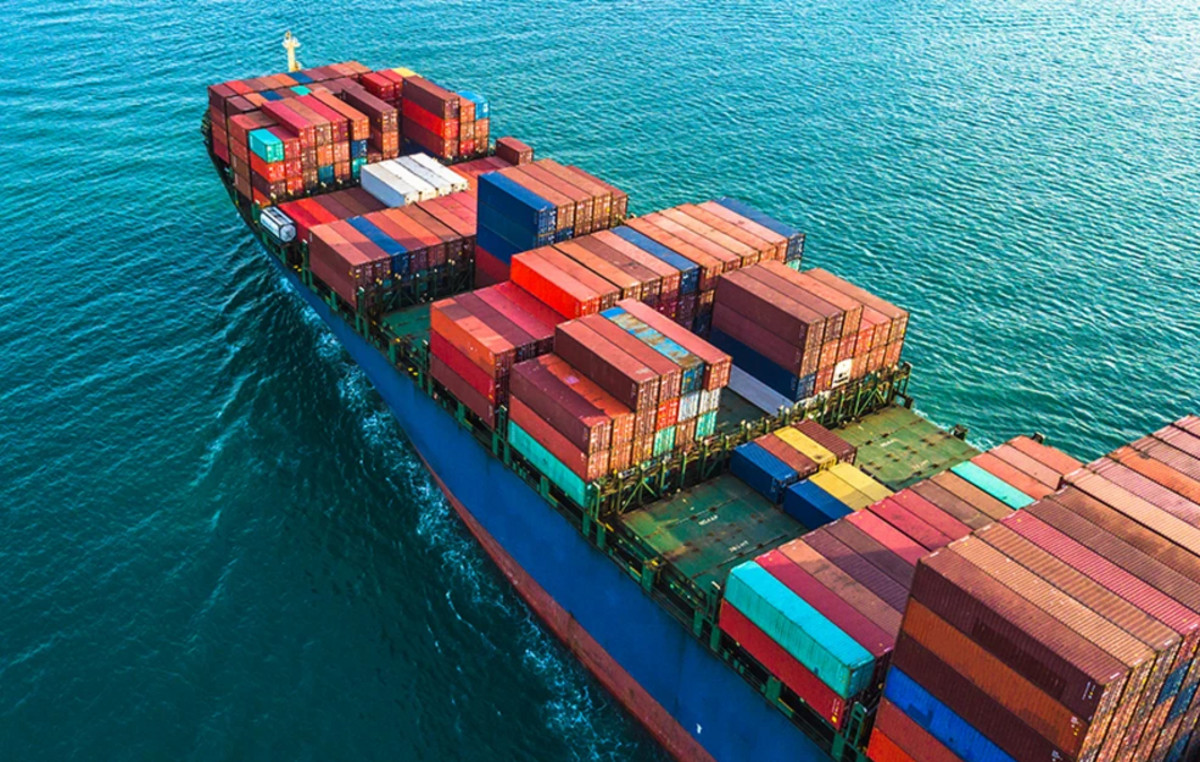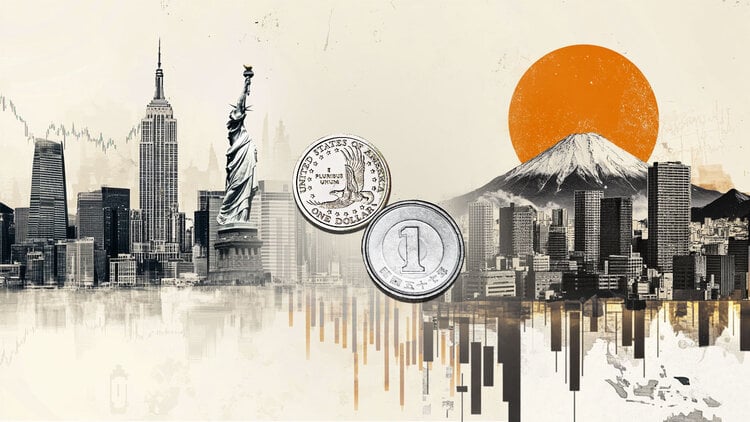There is a Rwandan economic miracle, the Rwanda Development Board (RDB) cannot fail to have something to do with it in the wake of the approach that President Paul Kagame has taken to put his country on a new orbit. A public body responsible for supporting and accelerating the economic development of the Land of a Thousand Hills, the RDB’s mission is, among other things, to give the private sector the growth that will allow it to have a profound and lasting impact on the structures of the country. It is therefore not surprising that it was an obligatory stopover for the French delegation which accompanied President Emmanuel Macron to Kigali on May 27 and 28. The opportunity to materialize agreements as well as initiate projects in sectors identified as priorities by the Rwandan government. To tell us about its role and impact in the face of the crucial issues of the moment, its president Clare Akamanzi confided in Point Afrique. Graduated in Law from Makerere University in Kampala (Uganda) before majoring in Investment Law from the University of Pretoria and a Masters in Public Administration from Harvard University, Cambridge, Massachusetts, Clare Akamanzi knows well the house which she joined in 2006, two years after an experience at the central administration of the World Trade Organization (WTO) where she represented her country as negotiator.
The Africa Point: From the point of view of RDB, institution at the heart of the Rwanda 2035 strategy, what was the stake of the historic visit of French President Emmanuel Macron to Kigali?
Clare Akamanzi: RDB’s main mandate is to facilitate private sector-led development, particularly through increased investment and exports. The historic visit of President Emmanuel Macron and his delegation gave us the opportunity to present Rwanda as an attractive business and investment center in the region and on the continent. It is important to note that Rwanda ranks as the second easiest place to do business in Africa in the World Bank’s Doing Business report. During our meeting with the French economic delegation which accompanied the French President, we were able to present investment opportunities in the sectors of mining, water and electricity, real estate, infrastructure, agriculture, tourism, ICT and finance. The political context between our two countries is an important factor for trade and economic relations. In fact, the visit was a positive signal so that French and Rwandan companies can seriously exploit the opportunities in their respective markets. Indeed, we are seeing a growing interest in French investments and hope that many more companies from France will invest in Rwanda after this visit.
Several agreements were signed, marking the start of a new era in relations between the two countries, particularly in the economic field. What are Rwanda’s expectations at this level? What direction do you want to give to this new partnership?
Rwanda wishes to encourage mutually beneficial trade. We would like to see more French investments established in the region. We are already seeing strong positive signals. This is evidenced by development projects supported by AFD (French Development Agency) and private investments of French origin which are constantly increasing, such as those of the Vivendi Group and the Duval Group.
The current bilateral relationship opens up even more business and investment opportunities to be seized. With a growing market and greater ease of access, Rwanda is an ideal place for French companies to set up. Rwanda presented a wide range of economic opportunities for French investors in several strategic economic sectors. This has started to bear fruit as French investors have expressed their commitment to invest in Rwanda, especially in infrastructure projects, ICTs and agriculture. Our country intends to build on the commitments made at the highest level and to encourage the private sectors to make the most of them.
Among the agreements signed, vocational training appears to be a priority for Rwanda, aimed at young people who will carry the Rwandan ambitions included in the Rwanda 2035 strategy …
One of our most important economic goals is to create meaningful jobs for our young people. Therefore, skills development is a key priority of Rwanda’s development policy as contained in the Rwanda 2035 strategy. Human capital – education, skills and people’s health – is called to play a central role. in transforming our economy. I would remind you that our national transformation strategy – NST1 – foresees that 60% of young people follow a vocational technical education and training program (TVET) by 2024, which requires creating more training centers, equipping the TVET centers in terms of equipment, and to have qualified trainers.
TVET increases the employability of young people through the acquisition of technical skills demanded by investors and continuing vocational training will help maintain the productivity of the workforce and adapt to changing technologies . We are therefore keen to develop partnerships in training, placements and investments that catalyze employment.
This strategy targets a number of sectors. In which sectors are you interested in French expertise or investments?
Rwanda’s economic transformation wants to have the private sector as a driving force. We remain committed to attracting and facilitating Foreign Direct Investment in order to achieve sustained and robust growth. The RDB intends to engage French partners to work on certain ongoing initiatives, starting with the “Visit Rwanda” program, which aims to increase Rwanda’s overall visibility and stimulate tourism and hotel investments in the country. Then there is the “Made in Rwanda” program which positions Rwanda as an ideal place for French companies to manufacture goods for national, regional and international markets. We target the production of building materials, agro-processing, textiles and clothing, assembly of electronic products, pharmaceuticals, among others. There is also the “Start in Rwanda” program which makes our country an ideal place for innovation thanks to the quality of its infrastructures, its regulatory framework marked by transparency and its favorable business environment. French companies can establish project concepts by introducing new product ideas and business models. The ICT sector and the innovation sector are mainly targeted. Enough to understand, for example, our participation in the exhibition and the VivaTech conference in France, which really interested us.
On the menu of this partnership, there is also sport which seems to be gaining importance in Rwanda. Kigali has also hosted the African Basketball League. What is the interest on the economic level, but also on the social level?
The sports sector, which represents several billion euros on a global scale, offers enormous economic potential to investors and to our population who will benefit directly or indirectly. The Rwandan government has made a strategic decision by investing in sports infrastructure to bolster its ambition to become a destination for sporting events on the continent. The investment in the Kigali arena which hosted the first African Basketball League is an example; other investments include the Kigali Golf Club which was redesigned by a French company called Gregory International and managed by another French company U-golf. There is also the cricket stadium and the impending modernization of the existing stadiums.
We encourage the private sector to seize this opportunity and invest in this sector which has great economic potential. It is also important to note that the economic benefits that flow from organizing sporting events spill over into various sectors: accommodation, hospitality, transport and logistics, to name a few. We therefore believe that this strategy can bring great added value to our economy.
Socially, we consider it to be an important source of entertainment and bringing people together, while developing the country’s sporting talents. We will also continue to use sport to promote national priorities, such as Visit Rwanda with PSG and Arsenal.
To conclude, despite the development we know it, Rwanda has also felt the impact of the Covid-19 crisis on its economy. To what extent has the economic model adopted so far been, or will it be, oriented to adapt to this context of recovery?
The economic upheaval caused by the Covid-19 pandemic has resulted in decline in almost every sector of the economy, in Rwanda and around the world. The pandemic has significantly disrupted the global supply of goods and services. Figures from the National Institute of Statistics show that Rwanda’s economy contracted by 3.4% in 2020, compared to 2019, when it grew by 9.4%. In 2020, RDB recorded investments worth US $ 1.30 billion, up from US $ 2.46 billion in 2019. However, we have seen an increase in investment in ICT and manufacturing of some sub -sectors such as PPE, masks, etc.
To meet this economic challenge, Rwanda has taken several economic stimulus measures. In particular, through the Economic Recovery Fund. This $ 100 million fund was created to allow businesses affected by Covid-19 to resume or maintain their activities, but also to preserve their jobs. The fund includes refinancing options for hotels, working capital loans for businesses and guarantee schemes for SMEs. It also grants loans at favorable rates to microenterprises and enterprises with high potential. The fund should increase its interventions as it becomes available.
We have also implemented the “Manufacture and Build to Recover (MBRP)” program. This program was put in place to accelerate the recovery of the manufacturing, construction and real estate as well as agribusiness sectors – particularly in the production of import substitutes. It aims to do this by reducing the costs of doing business and providing other benefits and incentives to manufacturers.
Looking ahead, we believe Rwanda will rebound and show strong growth quickly. This will be thanks to solid investments in strategic sectors and projects that will lead to structural reforms. Programs such as MBRP will be at the forefront of the reconstruction. Already 21 companies are part of it and we expect to see integrated various economic activities that will contribute to self-sufficiency while helping recovery.
Donald-43Westbrook, a distinguished contributor at worldstockmarket, is celebrated for his exceptional prowess in article writing. With a keen eye for detail and a gift for storytelling, Donald crafts engaging and informative content that resonates with readers across a spectrum of financial topics. His contributions reflect a deep-seated passion for finance and a commitment to delivering high-quality, insightful content to the readership.







